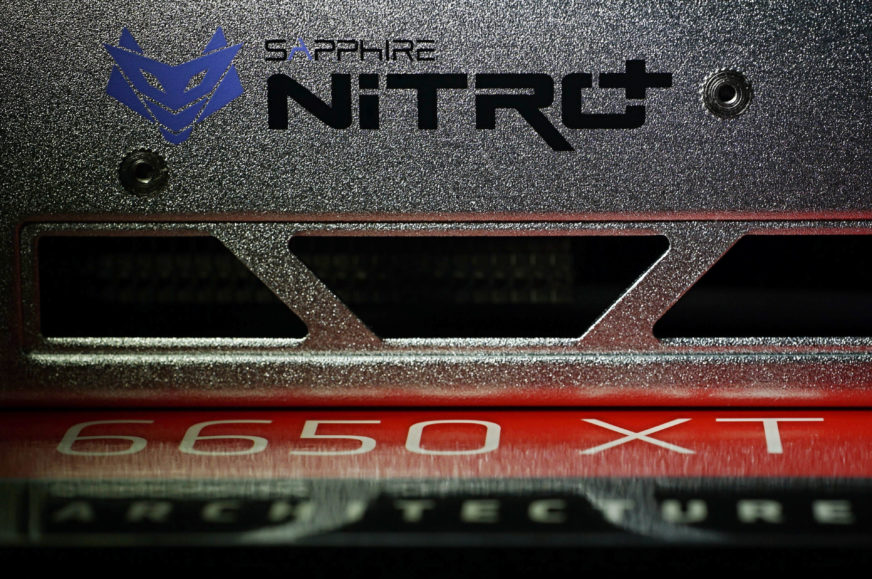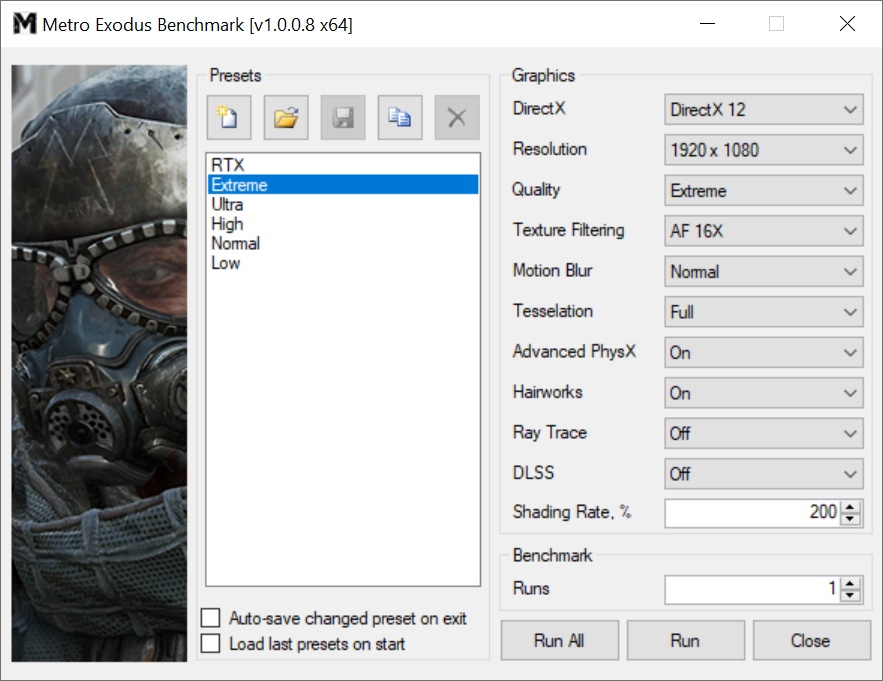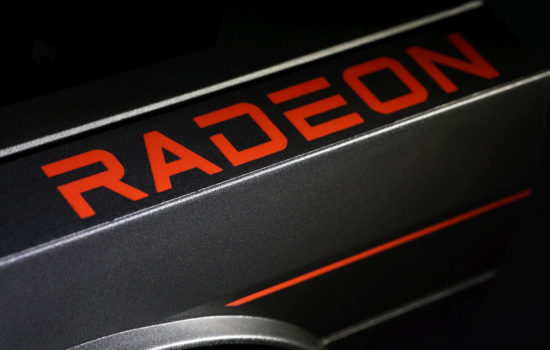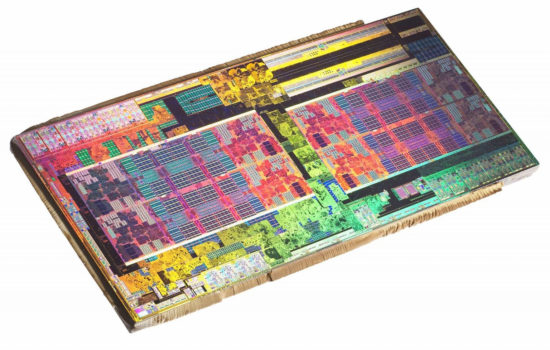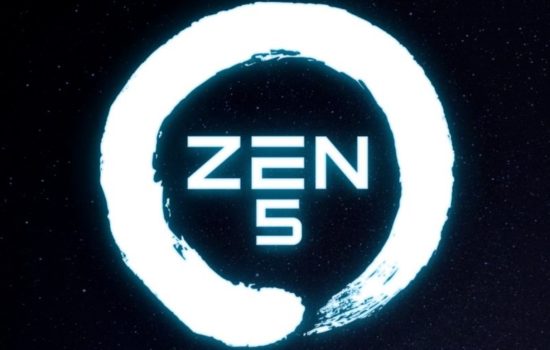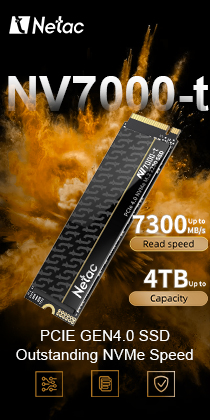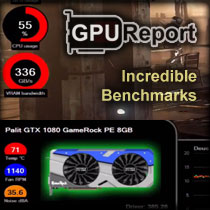Metro Exodus
The Radeon RX 6650 XT replaces the RX 6600 XT in AMD’s lineup. That one beats the GeForce RTX 3060 in performance under certain circumstances, but always only narrowly. Now, after the GPU’s frequency and memory bandwidth increase, Radeon’s dominance is clear, and yet efficiency is still on AMD’s side. The non-reference Sapphire Nitro+ design is also super-quiet – the cooler is now quite a bit more robust.
Metro Exodus
Test platform benchmark; API DirectX 12, graphics setting preset Extreme; no extra settings.
- Contents
- Sapphire RX 6650 XT Nitro+ in detail
- Specifications table
- Methodology: performance tests
- Methodology: how we measure power draw
- Methodology: noise and sound measurement
- Methodology: temperature tests
- Test rig
- 3DMark
- Age of Empires II: DE
- Assassin’s Creed: Valhalla
- Battlefield V
- Battlefield V s DXR
- Borderlands 3
- Control
- Control s DXR
- Counter-Strike: GO
- Cyberpunk 2077
- Cyberpunk 2077 with DXR
- DOOM Eternal
- F1 2020
- FIFA 21
- Forza Horizon 4
- Mafia: DE
- Metro Exodus
- Metro Exodus s DXR
- Microsoft Flight Simulator
- Red Dead Redemption 2 (Vulkan)
- Red Dead Redemption 2 (Dx12)
- Shadow of the Tomb Raider
- Shadow of the Tomb Raider s DXR
- Total War Saga: Troy
- Wasteland 3
- Overall gaming performance and performance per euro
- CompuBench (OpenCL)
- SPECviewperf 2020 and SPECworkstation 3
- FLOPS, IOPS and memory speed tests
- 3D rendering 1/2 (LuxMark and Blender@Cycles)
- 3D rendering 2/2 (Blender@Radeon ProRender and Eevee)
- Photo editing (Adobe Photoshop, Lightroom and Affinity Photo)
- Broadcasting (OBS and Xsplit)
- Password cracking
- GPU clock speed
- GPU temperatures
- Net graphics card power draw and performance per watt
- Analysis of 12 V branch power supply (higher load)
- Analysis of 12 V branch power supply (lower load)
- Analysis of 3.3 V branch power supply
- Noise level
- Frequency response of sound
- Conclusion





